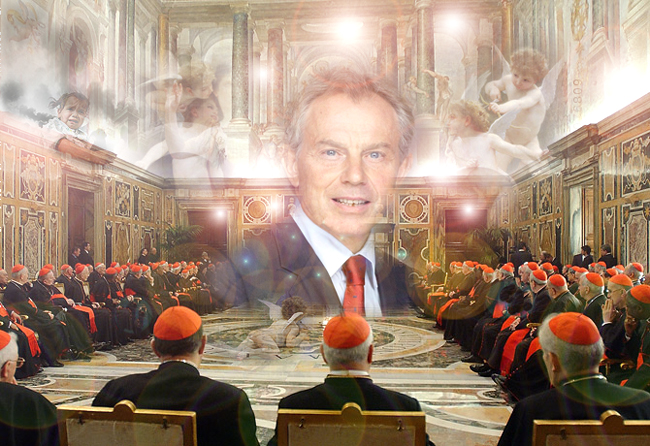Only when a society learns to control its government can it be said to have risen above that affliction.
Disassociation
At some point in the career of a successful politician comes the attainment of a position which requires no face-to-face confrontations with the electorate; in fact the position itself protects the holder from such encounters.
From this point on that politician will deal only with fellows of his own status; or his minions and their assistants. Here is where the disassociation begins. Cut off from the real electorate and entering into a la-la land of Machiavellian intrigues of the internecine kind; keeping an eye on the proprietaries of status and with little regard for the wellbeing of the electorate.
The humble MP’s power, however, is limited and diluted by the will of his constituency; and although he has more power than an individual elector, he cannot impose his will on the whole. However, the degree of power within the highest circles is greater than the whole and can impose its will and turn a deaf ear to dissenting voices.
Each degree of power uses that power to create a higher degree with greater powers than itself, a dynamic fuelled by the desire of its members in the hope of attaining a position within that higher order. If an electorate wishes to curtail and rein in the out-of-control behaviour of its power-hungry and headstrong government, then these degrees of power stand in need of truncating, since they have no real purpose than to augment the self-importance of the holders and turn the serious matter of politics into a form of celebrity show-business with the asinine qualities of a cartoon.
Such a truncation might take as its standard a level where government has insufficient power to use its electorate as cannon-fodder to wage wars in its own megalomaniac interests, but enough power to empty the dustbins and curtail the activities of criminals and footpads.
This truncation of the power pyramid can only occur at its base, which is where the founding power first emerges.
The founding power arises when each individual elector casts his vote and freely gives his power into the hands of a representative. Thence onwards his only remaining power is the ability to withhold that vote and thus deprive the hierarchy of its foundations: the MPs who form the parliament upon which rests the Ministry and its supporting departments, with the Prime Minister at the top.
It surely must now be accepted as a given that those who seek the heady delights of power are dangerously misguided maniacs verging on the clinically insane; unfortunately, those who elect them must thereby obviously be of the same ilk.
Ideas however, also have power and can express themselves in many forms. Fashion for instance has the power to grant credibility to the silliest of hats, even to the point of admiration of the wearer, although if the hat is a last year’s model the wearer is liable to be sent straight down the tubes.
In this light political elections are at the moment highly fashionable; witness the numbers who swarm to participate. However, fashion is a fickle thing and is liable to change to its opposite at the drop of a hat. Here might be a way to throw into a new light the act of casting a vote on the grounds that, given the monkeys who present themselves for our favours, it might be considered some form of madness to grant them their wishes and what’s more, given the usual consequences, very bad taste to boot.
*
Dinner Party
Two couples are at table. Candles cast a warm glow, the atmosphere is convivial and the gossip flows.
Alan: ‘Did you hear that John and Millie were seen coming out of the polling station yesterday?’
Marjorie: (his wife). ‘My God, how disgusting.’ She wrinkles her nose as if encountering a bad smell.
Eddie: ‘Yes, I heard that, they must be mad, and doing it in broad daylight too.’
Delia: ‘Well if this gets around they can say goodbye to their membership of the tennis club, and they’ll get no Christmas card from us this year that’s for sure.’
Dave Tomlin from ‘Power Lines’.
Pic: Claire Palmer

